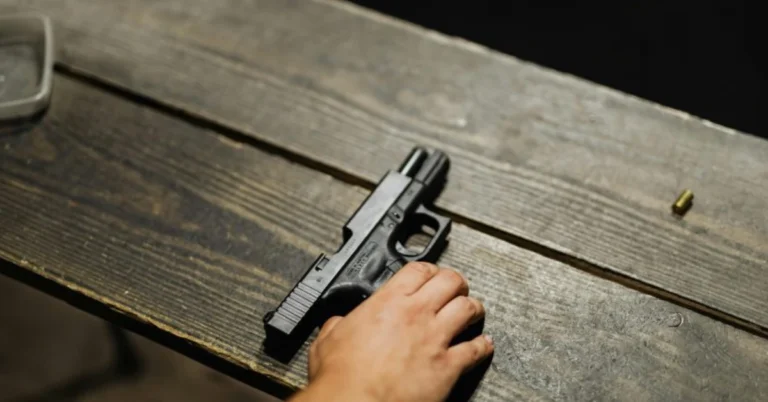In the United States, federal law and most state laws restrict gun ownership for individuals convicted of certain crimes. This is where the role of a pardon attorney becomes especially important.
For many people, a criminal conviction carries consequences that go beyond serving a sentence. One of the most impactful losses is the right to own or possess firearms. In the United States, federal law and most state laws restrict gun ownership for individuals convicted of certain crimes, especially felonies. For someone hoping to move forward with their life, the loss of gun rights can feel like a permanent barrier. This is where the role of a pardon attorney becomes especially important.
Understanding Firearm Restrictions After a Conviction
When someone is convicted of a crime, especially a felony or domestic violence offense, they often face an automatic prohibition on owning firearms. These restrictions can apply under both federal and state laws. In some cases, even misdemeanor convictions may lead to the loss of gun rights. Unfortunately, these restrictions don’t automatically disappear once a sentence is complete or probation is finished.
What Does a Pardon Attorney Do?
A pardon attorney is a lawyer who specializes in helping individuals apply for clemency, pardons, or other forms of post-conviction relief. A pardon does not erase the fact that someone was convicted, but it does forgive the offense in the eyes of the law. In many states—and under federal law—receiving a pardon can restore rights that were lost because of a conviction, including the right to own firearms.
Pardon attorneys guide clients through the often complex and time-consuming process of applying for a pardon. This typically involves:
- Gathering supporting documentation such as court records, employment history, and character references
- Drafting a compelling petition that demonstrates rehabilitation and good conduct
- Navigating the rules of state or federal clemency boards
- Advocating for the restoration of civil rights, including the right to possess firearms
Can a Pardon Restore Gun Rights?
In many cases, yes. Whether or not a pardon restores gun rights depends heavily on the jurisdiction.
1. Federal convictions
Individuals must seek a presidential pardon, as only the President can grant federal pardons. A presidential pardon may restore the right to own firearms, though federal restrictions remain complex.
2. State convictions
Each state has its own clemency and pardon process. In some states, a full pardon restores all civil rights, including firearm ownership. In others, additional steps may be required.
Because laws differ so widely, it’s critical to consult with a pardon attorney who understands both federal and state processes.
Why Professional Guidance Matters
Applying for a pardon is not a simple formality. Petitions can be denied if they lack detail, fail to demonstrate rehabilitation, or are submitted incorrectly. A pardon attorney helps applicants avoid mistakes and presents the strongest possible case for restoring rights. For individuals hoping to regain the ability to own a firearm legally, this guidance can make the difference between success and disappointment.
Moving Forward After Conviction
Restoring gun rights is about more than firearms—it represents a chance to fully re-enter society without lingering restrictions from the past. For people who have demonstrated rehabilitation, lived responsibly, and contributed positively to their communities, working with a pardon attorney may provide a path to reclaiming freedoms once lost.

